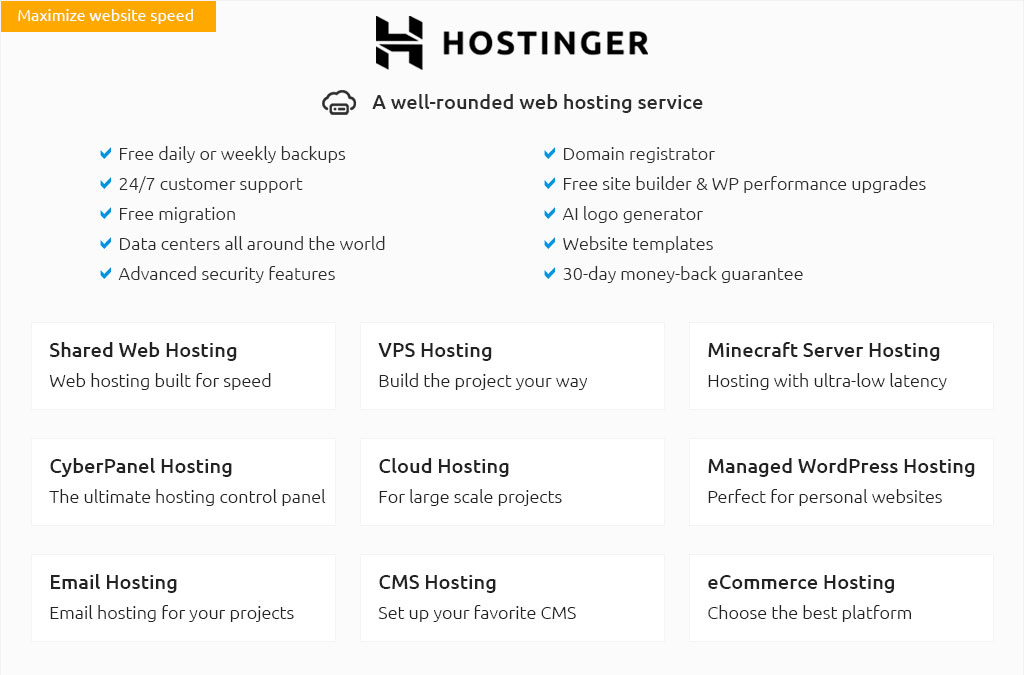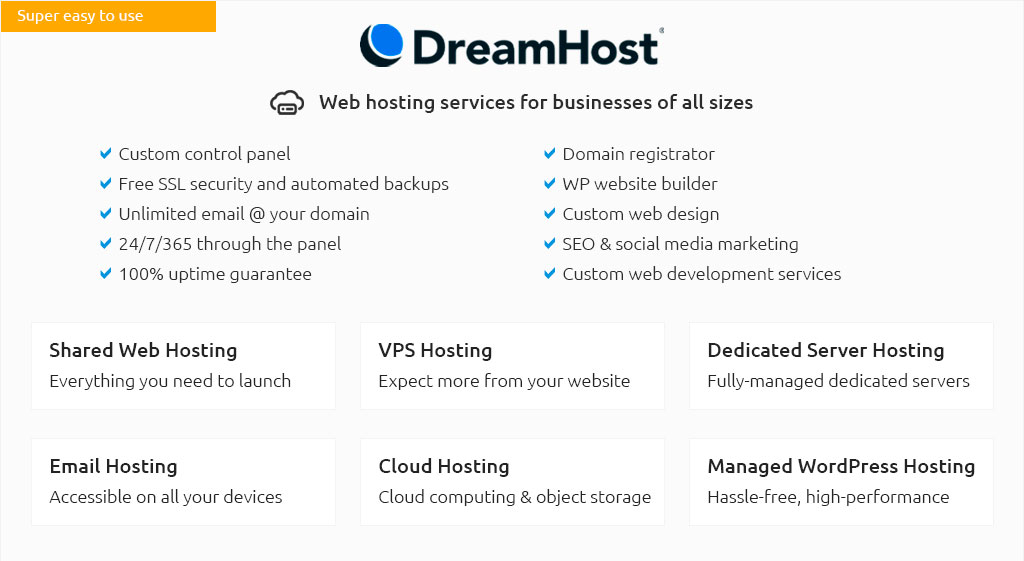 |
|||
 |
 |
 |
|
 |
|
 |
 |
 |
|||
 |
|||
 |
|||
 |
|||
 |
 |
|
Unleash the true potential of your online presence with our uncompromising Web Hosting Reviews, where cutting-edge meets reliability, and hosting a site on AWS stands as the pinnacle of performance and scalability; imagine a seamless digital experience with unparalleled speed, security, and adaptability at your fingertips-because when it comes to choosing a web hosting powerhouse, settling for average is not an option, and AWS is not just a choice, it's a game-changer in the realm of digital dominion.
https://www.freecodecamp.org/news/a-beginners-guide-on-how-to-host-a-static-site-with-aws/
This guide is aimed at complete beginners who want to host a static website (a site with fixed content). https://m.youtube.com/watch?v=-l83oqcaTHg&pp=ygUGI3Mzc3Zt
In this hands-on tutorial, i demonstrate step by step on how to host a static website on AWS S3 in 5 minutes. #aws #webdevelopment #cloud ... https://www.signitysolutions.com/blog/register-host-and-deploy-website-on-aws
This guide explains how to register a domain, host a website on Amazon S3, and deploy a website on AWS. AWS offers affordable pricing options and the ability ...
|